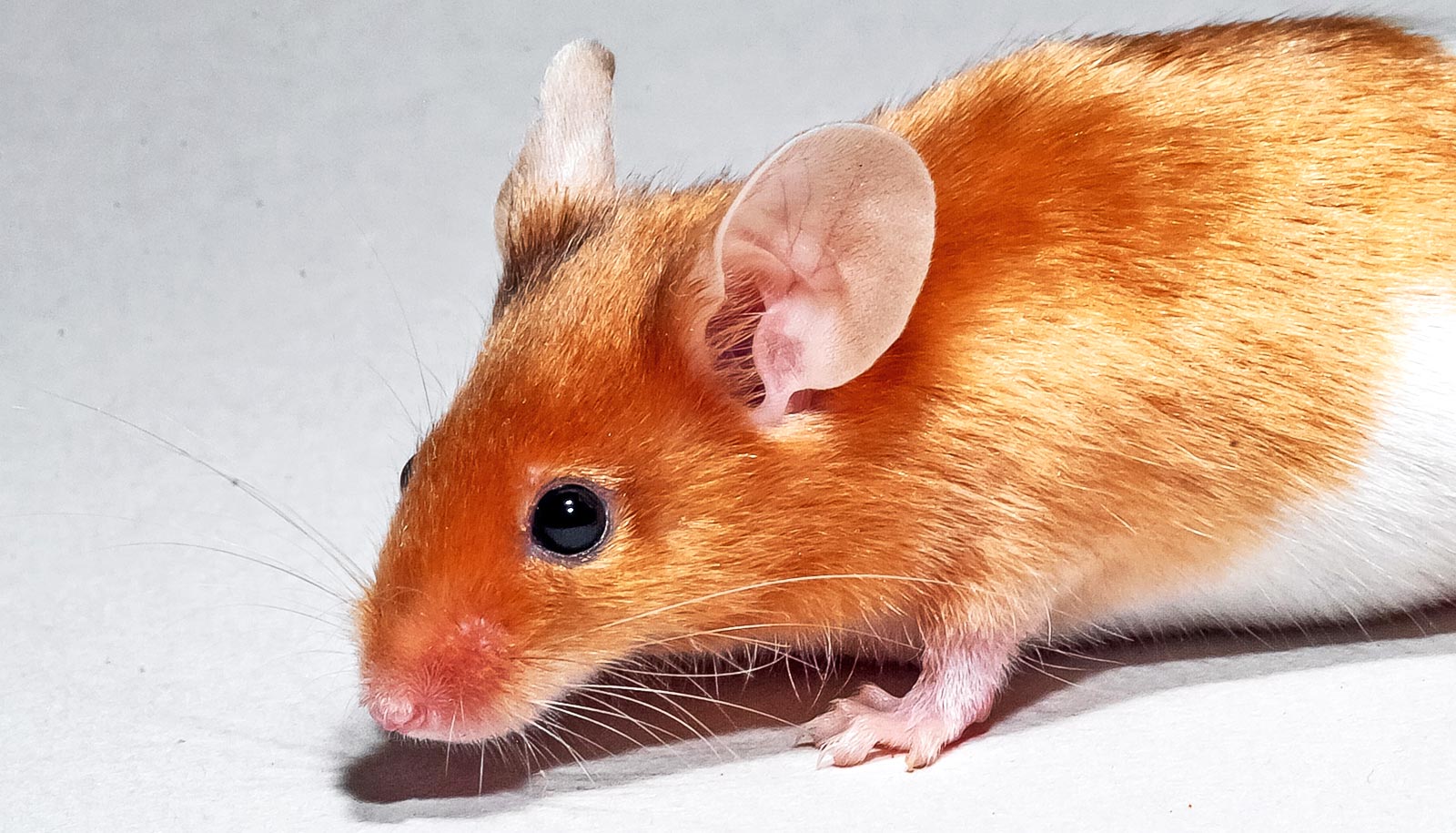Microscope image of drosophila fly with parasitic nematode and its offspring dissected by University of Rochester biologist John Jaenike June 21, 2010. Jaenike has been awarded a $100,000 Grand Challenges Explorations grant from the Bill & Melinda Gates Foundation which he will use to study a novel approach to reduce the incidence of River Blindness, an eyesight-destroying disease that is especially prevalent in sub-Saharan Africa. The disease is spread by black flies that carry parasitic worms (nematodes), which are transmitted to humans when the black flies bite. Jaenike proposes that nematodes may have a more difficult time growing and developing in black flies that are infected with a type of bacteria called Spiroplasma.
By introducing these bacteria into black fly populations and allowing them to spread naturally from generation to generation through inheritance, Jaenike hypothesizes that nematode populations could dwindle and incidences of River Blindness could be substantially reduced. Being infected with Spiroplasma may be advantageous for the black flies if the nematodes reduce the survival or reproduction of the flies, and this, in turn, could encourage the natural spread of Spiroplasma.
//photo: J. Adam Fenster/University of Rochester



